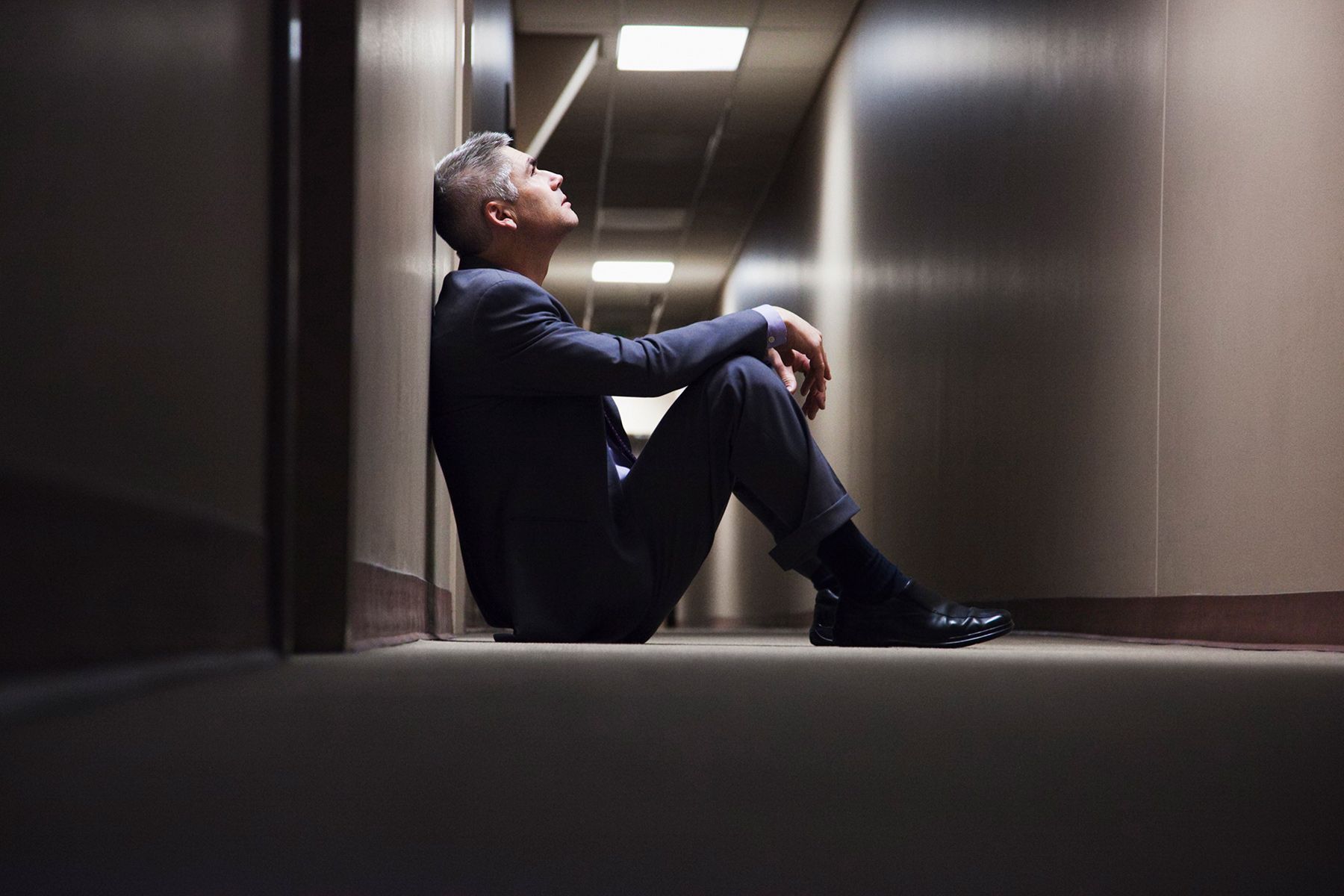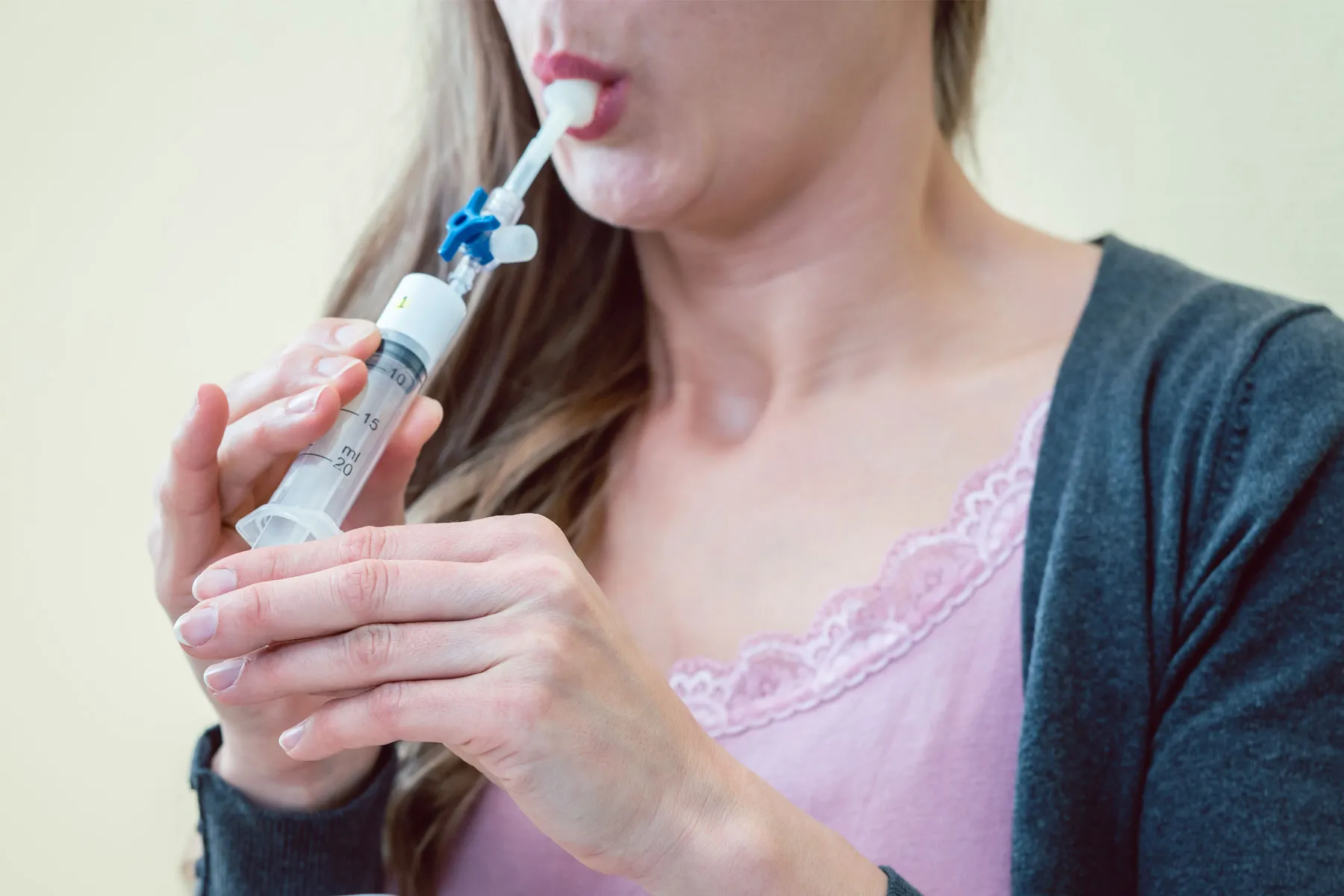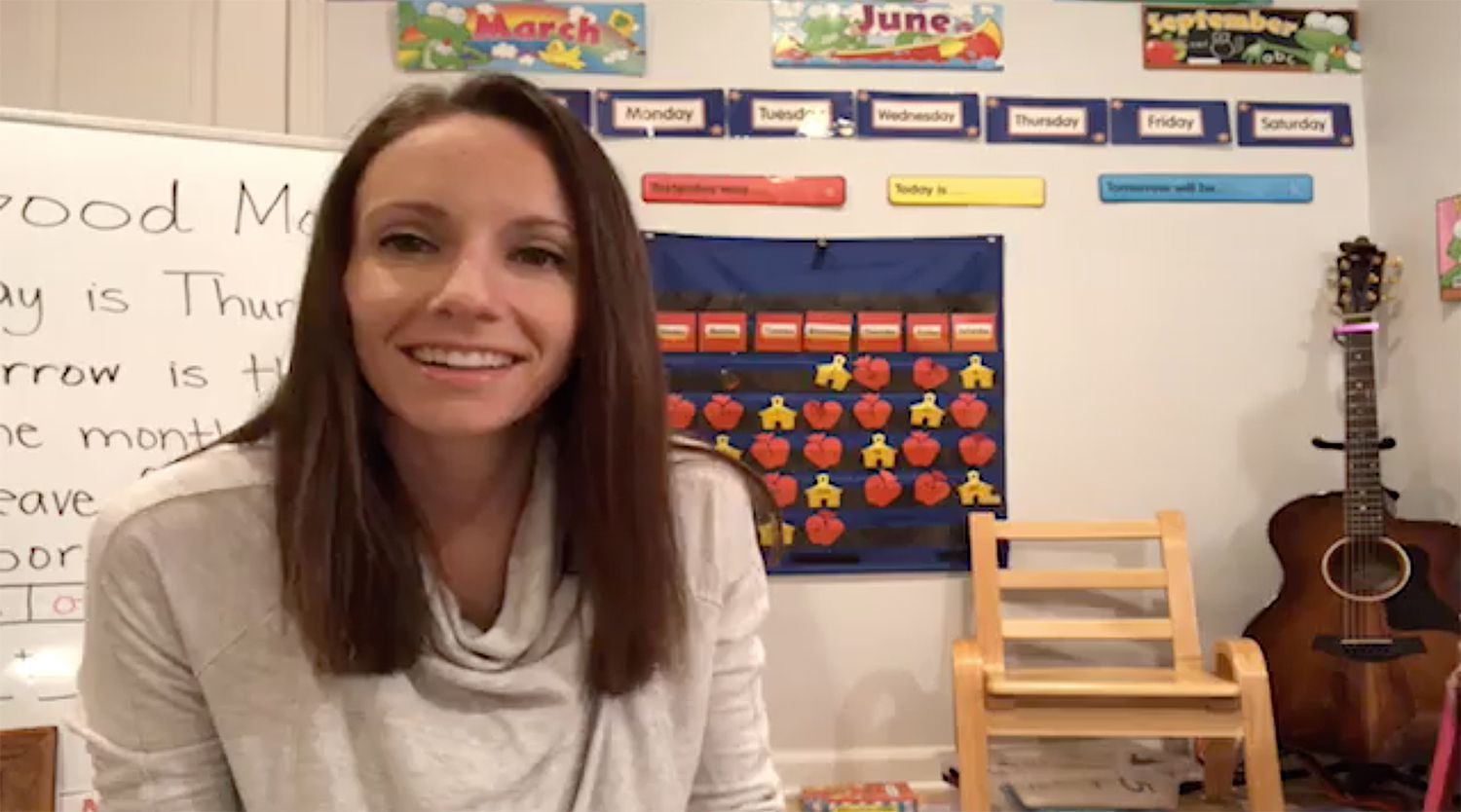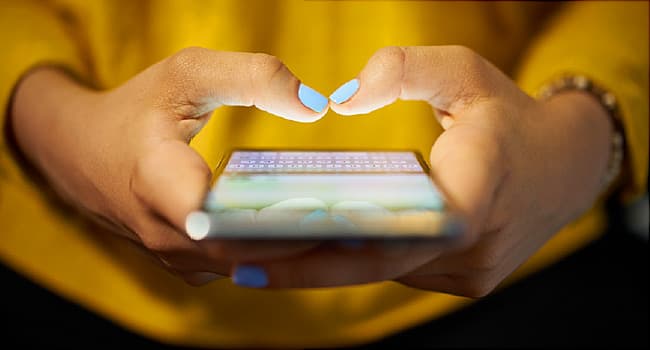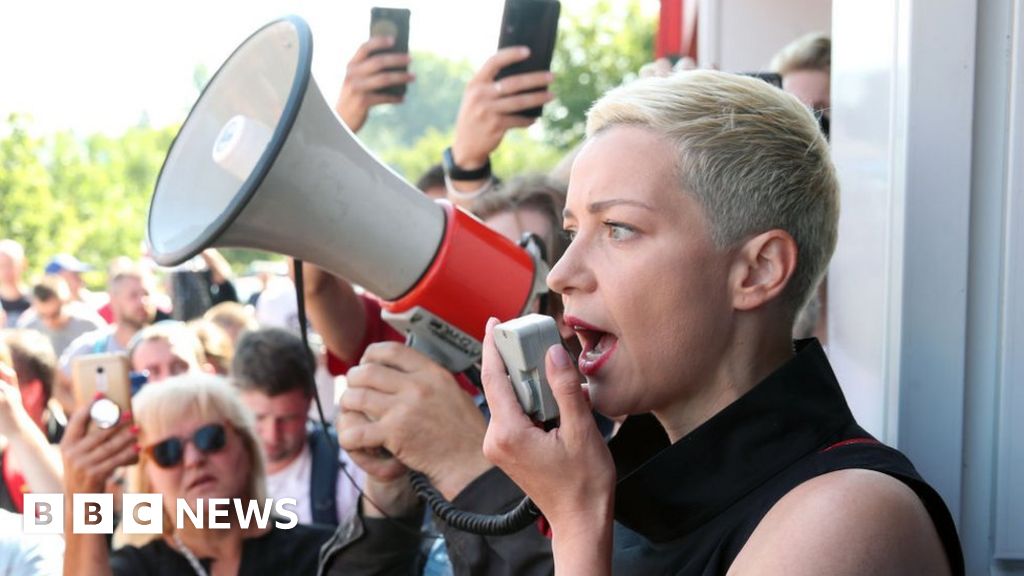WEDNESDAY, Sept. 2, 2020 (HealthDay Information) — Because the coronavirus pandemic has swept throughout America, so has an epidemic of melancholy, a brand new examine reveals.
For the reason that pandemic started, the prevalence of melancholy signs has roughly tripled, with the poor who misplaced jobs and financial savings most affected, researchers report.
“Folks with decrease revenue have been twice as more likely to have melancholy, and other people with the identical revenue however who had much less financial savings have been 1.5 instances extra more likely to have melancholy,” stated lead researcher Catherine Ettman, director of strategic improvement at Boston College’s College of Public Well being.
“We have been stunned on the excessive ranges of melancholy,” she stated. “These charges have been greater than what we have seen within the basic inhabitants after different large-scale traumas like September 11 and Hurricane Katrina.”
The present pandemic is not only one occasion. With COVID there may be concern, nervousness and dramatic financial penalties, particularly amongst folks with fewer sources, Ettman stated.
“This requires us taking note of psychological well being issues which are arising at this second that may want consideration within the coming months and years,” she stated.
For the examine, the researchers used a survey of greater than 1,400 folks aged 18 and over who accomplished the COVID-19 and Life Stressors Influence on Psychological Well being and Properly-Being survey, performed March 31 to April 13.
That information was then in contrast with information on greater than 5,000 individuals who took half within the Nationwide Well being and Vitamin Examination Survey from 2017 to 2018.
For the reason that pandemic, 25% of responders reported being mildly depressed, in contrast with 16% earlier than the pandemic. Fifteen p.c have been reasonably depressed, in contrast with 6% earlier than the pandemic.
There have been 8% with reasonably extreme melancholy, in contrast with 2% earlier than COVID-19 and 5% with extreme melancholy, in contrast with lower than 1% earlier than COVID-19.
The chance for melancholy signs was highest amongst folks with lower than $5,000 in financial savings, the researchers discovered.
Ettman believes that along with extra entry to psychological well being care, packages that preserve folks’s heads above water economically are wanted to make sure that they’ve the sources to climate by way of these instances.

